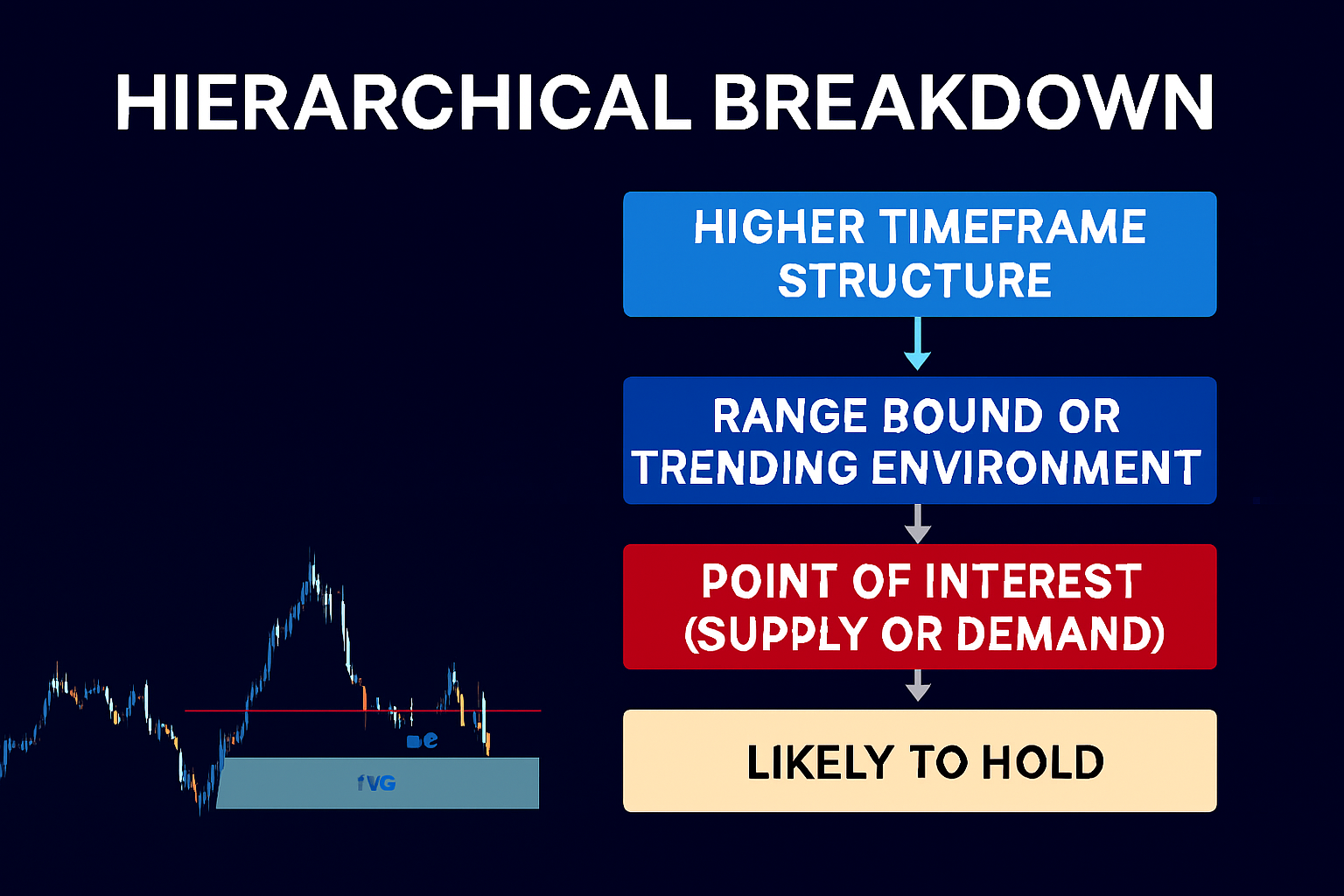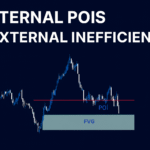In the world of affiliate marketing, having a reliable and efficient hosting service is crucial to your success. Poor hosting can lead to a myriad of problems that can sabotage your affiliate marketing goals. Here’s how inadequate hosting can affect your affiliate marketing efforts and what you can do to avoid these pitfalls.
>> Here’s the Proven Way to Make $100-$200 Daily with 0 Investment – Watch This FREE Video and Start Now >>

1. Website Downtime
One of the most critical issues with poor hosting is frequent website downtime. If your website is often unavailable, users may not be able to access your affiliate links or content. This not only affects user experience but can also lead to loss of potential commissions. Consistent uptime is essential for maintaining a steady flow of traffic and ensuring that your affiliate links are always accessible.
2. Slow Loading Speeds (Poor hosting)
A slow-loading website can frustrate visitors and lead to higher bounce rates. Search engines also consider site speed as a ranking factor. Poor hosting with slow servers can negatively impact your website’s load time, which in turn affects user experience and SEO rankings. Faster hosting services can significantly improve site speed and enhance user engagement.
3. Security Vulnerabilities
Insecure hosting environments are prone to cyber-attacks and data breaches. If your website is compromised, it can result in stolen user data, loss of trust, and damage to your reputation. Secure hosting services offer features like SSL certificates, firewalls, and regular backups to protect your site and keep your affiliate marketing operations running smoothly.
4. Limited Scalability (Poor hosting)
As your affiliate marketing efforts grow, you’ll need a hosting solution that can handle increased traffic and resource demands. Poor hosting services often have limitations on scalability, which can restrict your website’s growth. Choosing a hosting provider with scalable options ensures that you can upgrade your resources as needed without disrupting your marketing activities.
5. Inadequate Support
Efficient customer support is vital when dealing with hosting issues. Poor hosting providers often have subpar support, making it difficult to resolve technical problems promptly. This can lead to prolonged downtime or unresolved issues that can hinder your affiliate marketing campaigns. Opt for a hosting provider with a reputation for excellent customer support to ensure quick resolution of any problems.
6. Lack of Features (Poor hosting)
Some hosting services offer limited features that may not meet the needs of a robust affiliate marketing strategy. Features such as email accounts, content management systems, and analytics tools are essential for running effective marketing campaigns. Ensure your hosting provider offers the necessary features to support your affiliate marketing goals.
7. Poor Performance Metrics
Hosting services that don’t offer detailed performance metrics can hinder your ability to track and analyze your website’s performance. Understanding metrics like traffic sources, conversion rates, and user behavior is crucial for optimizing your affiliate marketing efforts. Choose a hosting provider that offers comprehensive performance tracking tools to help you make data-driven decisions.
8. Compatibility Issues
Incompatible hosting environments can cause issues with integrating essential tools and plugins for affiliate marketing. If your hosting provider doesn’t support the latest technologies or platforms, it can limit your ability to use advanced marketing tools and plugins. Ensure your hosting service is compatible with the technologies you need to run successful affiliate marketing campaigns.
>> Here’s the Proven Way to Make $100-$200 Daily with 0 Investment – Watch This FREE Video and Start Now >>
Website Downtime
Website downtime can significantly disrupt your online presence and impact your business. Here’s why minimizing downtime is crucial:
- Lost Traffic: Downtime prevents visitors from accessing your site, leading to lost potential traffic and revenue.
- Decreased User Trust: Frequent outages can erode user trust and credibility.
- SEO Impact: Search engines may lower your rankings due to frequent downtime, affecting your site’s visibility.
- Revenue Loss: If your site is down during peak times, you could miss out on valuable sales and commissions.
- Customer Frustration: Users facing downtime may turn to competitors, impacting your customer retention.
- Brand Damage: Persistent issues can tarnish your brand’s reputation.
Minimizing website downtime is essential for maintaining traffic, trust, and revenue. Investing in a reliable hosting provider ensures consistent uptime and supports your online success.
Slow Loading Speeds (Poor hosting)
Slow loading speeds can undermine your website’s effectiveness and user experience. Here’s why it’s crucial to address this issue:
- Increased Bounce Rates: Visitors are likely to leave if your site takes too long to load, leading to higher bounce rates.
- Poor User Experience: Slow speeds frustrate users, potentially driving them away from your site.
- Lower Search Rankings: Search engines favor fast-loading sites, so slow speeds can hurt your SEO.
- Reduced Conversion Rates: Delays in loading can decrease your conversion rates, impacting sales and lead generation.
- Negative Brand Perception: A sluggish site can harm your brand’s reputation and user trust.
- Lost Revenue: For e-commerce sites, slow speeds can directly translate to lost sales and revenue.
- Higher Operational Costs: Inefficient hosting may require additional resources or upgrades, increasing operational costs.
Addressing slow loading speeds is essential for improving user experience, SEO, and overall site performance. Investing in a quality hosting solution helps ensure your site remains fast and effective.
Security Vulnerabilities
Security vulnerabilities can expose your website to serious risks. Here’s why safeguarding against these threats is crucial:
- Data Breaches: Vulnerabilities can lead to unauthorized access and theft of sensitive user data.
- Loss of Trust: A security breach can erode user confidence and damage your brand’s reputation.
- Financial Loss: Cyber-attacks can result in significant financial losses, including legal fees and fines.
- Downtime: Security incidents can cause your site to go offline, affecting traffic and revenue.
- SEO Penalties: Search engines may penalize your site for security issues, impacting your rankings.
- Regulatory Compliance: Non-compliance with data protection regulations can result in legal consequences.
Addressing security vulnerabilities is essential to protect your site, maintain user trust, and ensure compliance. Investing in robust security measures will help safeguard your online presence and minimize potential risks.
Limited Scalability (Poor hosting)
Limited scalability can hinder your website’s growth and performance. Here’s why scalability matters:
- Growth Restrictions: Poor scalability limits your ability to handle increased traffic and user demands as your business expands.
- Performance Issues: Inadequate scalability can lead to slower site speeds and performance problems during peak times.
- User Experience: Slow or unresponsive sites due to scalability issues can frustrate users and drive them away.
- Revenue Impact: Limited scalability can affect your site’s ability to capitalize on increased traffic, leading to lost revenue opportunities.
- Competitive Disadvantage: A non-scalable site may struggle to keep up with competitors who can better handle growth and user demands.
Investing in scalable hosting solutions ensures that your website can grow seamlessly with your business, maintaining performance and user satisfaction.
>> Here’s the Proven Way to Make $100-$200 Daily with 0 Investment – Watch This FREE Video and Start Now >>
Inadequate Support
Inadequate support from your hosting provider can severely disrupt your website’s performance. Here’s why reliable support is crucial:
- Delayed Problem Resolution: Poor support can lead to slow responses to technical issues, prolonging downtime and affecting user experience.
- Increased Stress: Dealing with unresolved issues can create additional stress and operational challenges for your team.
- Extended Downtime: Ineffective support can prolong website outages, leading to lost traffic and revenue.
- Inaccurate Troubleshooting: Inadequate support may result in incorrect solutions, potentially exacerbating problems.
- Missed Opportunities: Technical issues not promptly addressed can lead to missed sales and growth opportunities.
- Brand Reputation: Persistent support problems can damage your brand’s reputation and erode user trust.
Reliable hosting support is essential for resolving issues quickly and maintaining smooth website operations. Choosing a provider with strong support ensures minimal disruptions and supports your online success.
Lack of Features (Poor hosting)
A hosting provider with limited features can restrict your website’s capabilities. Here’s why comprehensive features matter:
- Limited Functionality: Essential tools and integrations might be unavailable, hindering your site’s performance and marketing efforts.
- Increased Complexity: Lack of features can force you to use multiple services, complicating management and increasing costs.
- Poor Customization: Without advanced features, customizing your site to meet specific needs or optimize user experience becomes challenging.
- Inefficient Management: Essential management tools may be missing, leading to inefficient site administration and maintenance.
- Restricted Growth: Limited features can stifle your site’s ability to grow and adapt as your business evolves.
Opting for a hosting provider with a rich set of features is essential for maximizing your website’s potential and ensuring smooth, efficient operation.
Poor Performance Metrics
Effective performance metrics are vital for optimizing your website’s success. Here’s why poor performance tracking can be detrimental:
- Limited Insights: Inadequate metrics prevent you from understanding traffic sources, user behavior, and conversion rates, making it hard to optimize strategies.
- Ineffective Decisions: Without accurate data, making informed decisions about improvements or marketing strategies becomes challenging.
- Unresolved Issues: Poor metrics can obscure performance problems, leading to unresolved issues that affect user experience and site efficiency.
- Missed Opportunities: Lack of data can cause you to miss opportunities for growth and optimization, impacting revenue and engagement.
- Competitive Disadvantage: Competitors with better metrics can leverage insights to gain an edge, leaving you behind.
- Inaccurate Reporting: Poor metrics can lead to inaccurate performance reporting, affecting your ability to track ROI and justify investments.
Reliable performance metrics are crucial for effective website management and optimization. Investing in robust analytics tools ensures you make informed decisions and achieve your online goals.
Compatibility Issues (Poor hosting)
Compatibility issues with your hosting environment can disrupt your website’s functionality. Here’s why it’s important to address these issues:
- Integration Problems: Incompatibility can prevent essential tools and plugins from working, limiting your website’s capabilities.
- Functionality Gaps: Certain features or technologies might not be supported, restricting your site’s performance and user experience.
- Technical Difficulties: Compatibility issues can cause errors or malfunctions, complicating site management and troubleshooting.
- Increased Costs: You may need to invest in additional solutions or upgrades to resolve compatibility issues, raising operational costs.
- Reduced Efficiency: Inefficient integration due to compatibility problems can slow down processes and affect overall site performance.
Ensuring compatibility between your hosting environment and your website’s needs is crucial for smooth operations and enhanced functionality. Choose a hosting provider that supports your required technologies to avoid these issues.
Conclusion
In summary, poor hosting can severely impact your affiliate marketing goals by causing website downtime, slow speeds, security vulnerabilities, scalability issues, and more. Investing in a reliable and feature-rich hosting service is essential for maintaining a successful affiliate marketing strategy. By choosing a reputable hosting provider, you can ensure that your website remains accessible, secure, and efficient, allowing you to focus on achieving your affiliate marketing objectives.
>> Here’s the Proven Way to Make $100-$200 Daily with 0 Investment – Watch This FREE Video and Start Now >>
Thank you for taking the time to read my article “How Poor Hosting Can Sabotage Your Affiliate Marketing Goals”, hope it helps!













